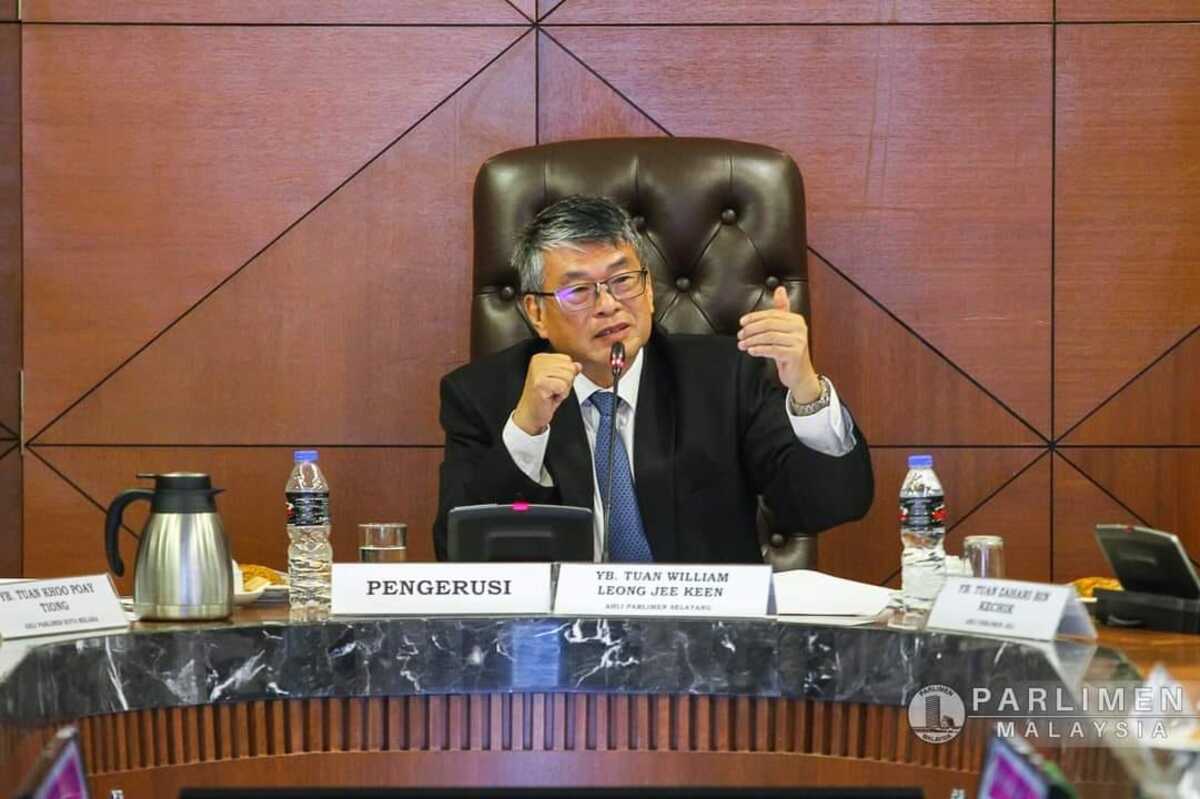Prime Minister Anwar Ibrahim’s proposal for the removal of universal health care subsidies and sugar subsidies for the rich, to be replaced by targeted subsidies of these services and products for the poor and needy, is in accordance with recognised concepts of distributive justice.
Distributive justice concerns the fair and equitable distribution of resources and burdens throughout a society. When the institutions of a society distribute benefits and burdens in unjust ways, social unrest, disturbances, and strife will likely result.
The Madani Concept And Moral Equality
At the heart of distributive justice is moral equality. All people are morally equal, and equality in material goods and services is the best way to give effect to this idea of moral equality.
The basis of the concept is the idea that society should treat everyone as having equal moral worth. Each and every person matters, and matters in the same amount.
Moral equality is the idea that people may be of different sexes, genders, ethnicities, races, cultures, or capabilities, but none of these factors affects how morally valuable a person is.
The Madani concept encapsulates the principles of distributive justice and moral equality. It serves to provide moral guidance for the distribution of economic benefits and burdens in society.
Equality, Equity And Need
At first glance, it may appear that providing equal measures of material goods or services to every member of society, irrespective of their economic or social status, is the best way to achieve distributive justice.
Universal subsidies proceed on the basis that citizens are entitled to equal subsidies for certain goods and services such as health care, education, and housing.
Universal subsidies encourage social unity, as opposed to targeting which is deemed to be divisive and separates people into categories of ‘haves’ and ‘have-nots’, with the resulting stigma arising therefrom.
Furthermore, those in favour of universal subsidies argue that difficulties in targeting due to the lack of precise information may lead to those in need being left out.
However, it is not equality, but equity, which is important. If you want people to be equally well and healthy, you have to give sick people more health care inputs than healthy people.
If you want all children to have a proper education, you will need to provide more to those having problems in learning and going to school.
Experience has shown that in general, the most in need, the most marginalised, and the most discriminated against may have difficulty accessing universally provided programmes.
Therefore, giving equal benefits to those who are already well off while leaving those in need with insufficient funds to obtain proper and meaningful treatment makes for a flawed programme.
The decision to change from universal subsidies to targeted subsidies arises from the dissatisfaction with the poor results of universal subsidies.
Developing countries prefer universal subsidies to targeted subsidies, because many of the poor do not have bank accounts and work in the informal economy, making it difficult to verify their status.
These problems have been mitigated in Malaysia. Great progress has been made in the number of Malaysians having bank accounts. In the Twelfth Malaysia Plan mid-term review, Pangkalan Data Utama (PADU), a data repository, will be developed to support accurate and transparent distribution of targeted subsidies and assistance in addressing socioeconomic issues at individual household level. Therefore, the impediments to targeted subsidies and direct cash transfers are being addressed.
With digitalisation and improved technology, examples quoted of B40 families having obtained surgery or treatment at private hospitals to avoid the long waiting time in public hospitals, and being charged first-class rates when they seek post-surgery treatment in public hospitals, can be dealt with by PADU.
The requisite information and verification is easily available for patients seeking post-surgery treatment at the B40 rate, and not at first-class ward rates.
Conclusion
The Prime Minister’s proposal should be assessed on the basis of whether the policy is equitable. Is the inequality of wellbeing of Malaysians better addressed by targeted subsidies for health care than the current universal subsidies?
With targeted subsidies, surplus cash can be used to address issues like the overcrowding of public hospitals, the shortage of doctors and nurses, and inadequacy or upgrading of equipment.
William Leong Jee Keen is the Member of Parliament for Selayang.
- This is the personal opinion of the writer or publication and does not necessarily represent the views of CodeBlue.






